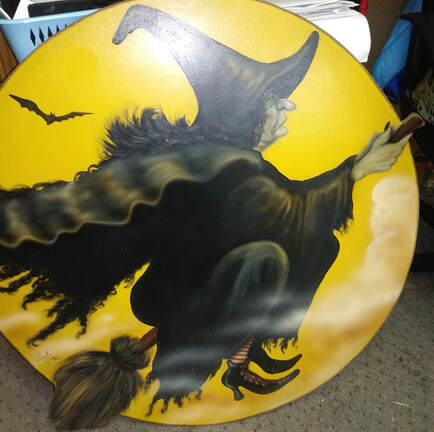Are you looking for a shipping solution? Maybe you need to change freight carriers? Find out what the hard working and reliable people at Team Worldwide can do over land, sea and air
Eastern Equine Encephalitis (EEE) Virus Identified in Eastern North Carolina Horses and Mosquitoes
RALEIGH — Eastern equine encephalitis (EEE) virus has recently been identified in eastern North Carolina. Horses in three counties — Brunswick, Pender and Onslow — were recently diagnosed with EEE. In addition, EEE virus was detected in a mosquito sample from New Hanover County. No human cases of EEE have been identified in North Carolina so far this year.
Eastern equine encephalitis virus is transmitted by the bite of infected mosquitoes. It can cause serious illness in people as well as horses, donkeys, emus and ostriches. Although uncommon in people, EEE is one of the most severe mosquito-transmitted diseases in both horses and humans in the United States. Approximately a third of people who become ill with EEE die. Many people who survive EEE suffer from long term brain damage. Those under age 15 and over age 50 are at greatest risk of developing severe disease. From 2003 to 2020, 12 human cases of EEE were reported in North Carolina, with infections occurring from July through December.
In North Carolina, EEE virus is most commonly detected in the eastern part of the state, where the virus is normally passed between wild birds and mosquitoes. The mosquito species that is the main carrier of EEE spends most of its time in freshwater swamps and almost exclusively bites birds rather than horses and humans.
People can protect themselves from EEE by preventing mosquito bites. Consistent use of effective mosquito repellents during the months when they are active is important. A second method is mosquito control efforts, especially in areas near freshwater swamps. There is no vaccine to protect humans from EEE, and no cure once a human is infected. Treatment is limited to managing the symptoms of the disease.
Autumn is also the time of year when most cases of other mosquito borne viral illnesses are reported, such as West Nile virus and La Crosse virus infections. To prevent mosquito-borne illness, NCDHHS’ Division of Public Health encourages people to practice the “3 Ds”:
If you have specific questions pertaining to EEE in humans, please contact the Communicable Disease Branch at 919-733-3419. For questions about EEE in horses, please consult your veterinarian or the North Carolina Department of Agriculture and Consumer Services, Veterinary Division, at 919-733-7601.
Eastern equine encephalitis virus is transmitted by the bite of infected mosquitoes. It can cause serious illness in people as well as horses, donkeys, emus and ostriches. Although uncommon in people, EEE is one of the most severe mosquito-transmitted diseases in both horses and humans in the United States. Approximately a third of people who become ill with EEE die. Many people who survive EEE suffer from long term brain damage. Those under age 15 and over age 50 are at greatest risk of developing severe disease. From 2003 to 2020, 12 human cases of EEE were reported in North Carolina, with infections occurring from July through December.
In North Carolina, EEE virus is most commonly detected in the eastern part of the state, where the virus is normally passed between wild birds and mosquitoes. The mosquito species that is the main carrier of EEE spends most of its time in freshwater swamps and almost exclusively bites birds rather than horses and humans.
People can protect themselves from EEE by preventing mosquito bites. Consistent use of effective mosquito repellents during the months when they are active is important. A second method is mosquito control efforts, especially in areas near freshwater swamps. There is no vaccine to protect humans from EEE, and no cure once a human is infected. Treatment is limited to managing the symptoms of the disease.
Autumn is also the time of year when most cases of other mosquito borne viral illnesses are reported, such as West Nile virus and La Crosse virus infections. To prevent mosquito-borne illness, NCDHHS’ Division of Public Health encourages people to practice the “3 Ds”:
- Dress – Wear loose, light-colored clothing that covers your skin.
- Defend – When the potential exists for exposure to mosquitoes, repellents containing DEET (N,N-diethyl-meta-toluamide) are recommended. Picaridin and oil of lemon eucalyptus are other repellent options. Learn more about insect repellent options.
- Drainage – Check around your home to rid of standing water, which is where mosquitoes can lay their eggs.
If you have specific questions pertaining to EEE in humans, please contact the Communicable Disease Branch at 919-733-3419. For questions about EEE in horses, please consult your veterinarian or the North Carolina Department of Agriculture and Consumer Services, Veterinary Division, at 919-733-7601.


